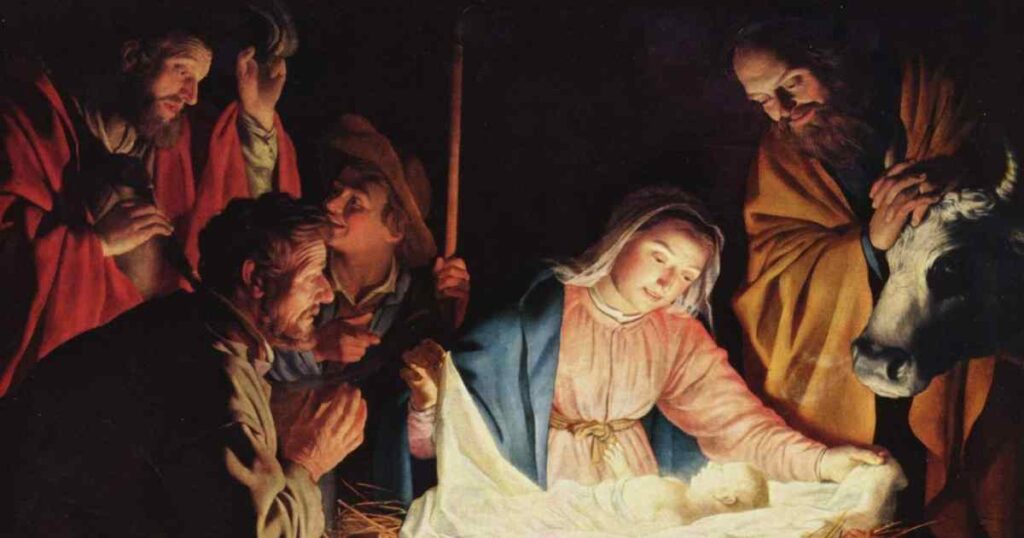
The celebration of Christmas elicits a wide range of feelings from people.
On one side you have those who find Christmas a joyful time. Personally, I love that Cyprus is a country where Christmas hasn’t been marginalized, or, in the name of politically correctness, been stripped of its religious overtones. I take pleasure from the fact that banners unapologetically declare ‘Christ is born’ over city streets. I delight that manger scenes, depicting the birth of Jesus Christ, haven’t been removed from the public square, as they are in so many countries today.
But it’s important to recognized that for many others, Christmas time is of no consequence or bearing at all, and little more than another day on the calendar. There are those also, who see Christmas as an unwanted intrusion; its festivities are an offense or only serve as a painful reminder of loss, pain and loneliness.
Regardless of where you fall on that spectrum of opinions, I’m inviting you to consider looking past the surface of our modern-day holiday and revisit its origins. Why? Because even the most pro-Christmas person understands that the original cause of our celebration has been largely lost to centuries of tradition and commercialism.
For example, the lowly birth of Jesus, who is at the heart of the Christian celebration, has been overshadowed by the larger-than-life Santa Claus. Glorious Angels declaring the good news of salvation have been re-invented as magical elves working feverishly at the North pole. The beauty and humility of Mary and Joseph’s faith have been lost to today’s hurried and stressed parents trying to stay ahead of the holiday demands. The mysterious star of Bethlehem, guiding Christ’s first worshippers to the new-born Son of God, has been eclipsed by flawless marketing strategies luring the masses to the altar of materialism.
All these things have robbed Christmas of what’s at the core of the original celebration; the advent of a Messiah, Christ Jesus the Savior.
Today’s excesses have so little to do with the church’s original conception of Christmas, that it’s worth risking offense, by saying, “It’s enough to make Jesus role over in His grave” …except that Jesus isn’t in the grave! In fact, the whole point of Jesus’ life was to ultimately defeat death and rob the grave of its power and set people free of sin through His Resurrection.
I guess that’s really the whole point of what I’m trying to say. The birth of Christ was only the beginning to a much greater and glorious end. There’s a beautiful passage from the Bible that sums up the purpose of Jesus Christ’s birth …
“Because we are human—made of flesh and blood—the Son of God also became flesh and blood. For only as a human could he die, and only by dying could he break the power of the devil, who had the power of death. 15 Only in this way could he set free all who have lived their lives as slaves to the fear of dying.” Hebrews 2:14-15 (NLT)
Everything about the birth of Jesus is an expression of divine humility that set the pace for the entirety of Christ’s life and ministry. The Son of God was born into this harsh world as a vulnerable child, not simply to illicit warm fuzzy feelings on Christmas morning, but to ultimately and powerfully demonstrate God’s love for humanity by laying down His life on the cross as a sacrifice for our sins, and to secure our whole heart and life’s devotion.
So regardless of whether you love or loath Christmas, I hope you can see past the surface, past the noise and activity of the season’s celebration, to the incredible message of hope that lies at its inception. Regardless of who you are, how you feel and what you believe about Christmas as a holiday, the truth remains that this child in the manger is a gracious gift, reminding us of the lengths God has gone to reveal Himself to you and me.
By Pastor Tim Mattox, Calvary Chapel Paphos
www.calvarycyprus.com









